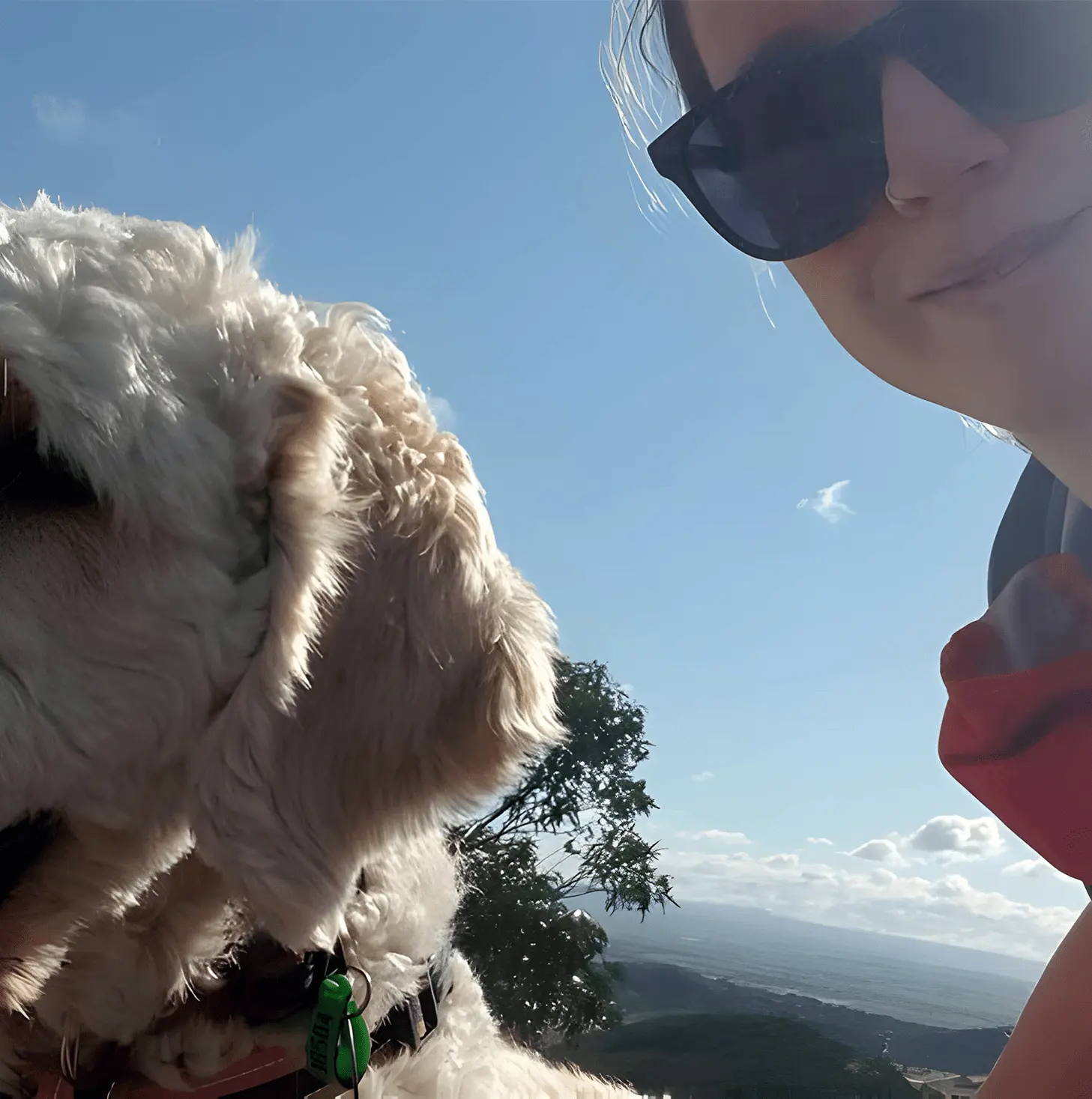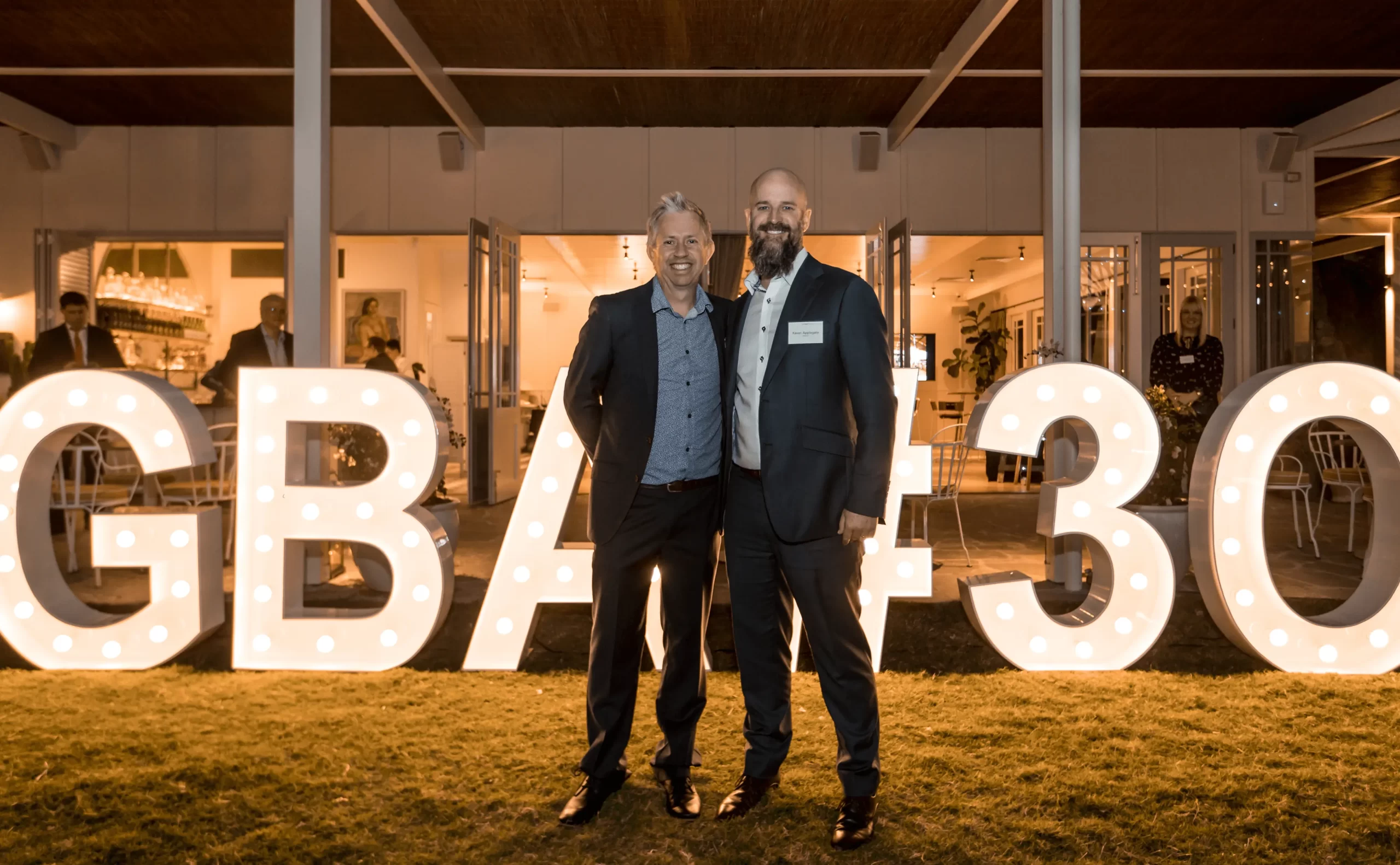
In celebration of International Women’s Day 2023, we thought we’d sit down with Alexandra Kennedy, one of our Senior Project Leads to discuss what leadership means to her.
With such wisdom around leadership and valuable insights around getting the most out of your team, it’s not hard to see why she is so highly praised by the team!
What do you think being a leader means?
Leadership is being able to help others find their passions, be confident, learn, and succeed. There is nothing more rewarding than seeing the people I work with overcome challenges and achieve their goals, the joy in their faces.
What do you think is a common misconception of leadership?
1. A leader is above everyone else
A true leader doesn’t stand above, they stand amongst. They are approachable. As a leader you have enormous responsibility. You can make a significant difference in someone’s life – for better or worse – because of the position you have been given. To make sure it’s a positive impact you need to make yourself available, be part of the team – part of the people. This is so important for transparency, honesty, and confidence both leader to team and team to leader.
In saying this, a true leader is one that can be both amongst the team and in front of the team, providing the vision and direction so the team can follow. Though I would hope the team follows a leader who they respect and admire and when the direction is given, they follow without question. This is always my goal.

2. A leader doesn’t make mistakes
One of the most important things people forget is that leaders make mistakes. The truth is leaders don’t know everything and they don’t get everything right – they are continually learning too. In fact, if they are growing chances are they will make more mistakes than other members of the team.
It is important to own when you have made a mistake. Put your hand up in the air and say, “Yep that was me”. Lead by example and show your team that making a mistake is okay, leaders do it too. It doesn’t mean we think less of you or that you are off the team. Having humility and vulnerability being shown from the top makes it far easier for those who are new and learning to realise that you don’t have to be perfect, and we don’t expect you to be.
A great leader will build an amazing team around them. A team that they lean on when they don’t have the expertise and experience to draw on or the time and capacity to do it all. Leadership is about knowing your strengths and weaknesses and knowing your teams’ strengths and weaknesses to ensure you get the best from everyone – and the spotlight is shared.

What do you think is the sign of a great leader?
If your team is taking a hit, you take it for them. It can be easy to play innocent, but taking the hit instils loyalty in your team. As the leader you have ultimate accountability anyway. Own the mistake or issue and then work on the solution collaboratively as a team so it is a learning opportunity for all involved. You want to help your team grow, so train them to not make the mistake again and eliminate the shame they can feel for making it.
If you receive praise, give credit to the team. Your success is a direct result of the team’s effort. When you share the praise and credit you show your appreciation for the work everyone has put in. This recognition also instils loyalty – and people naturally work better and harder when they are recognised and appreciated.
My goal is to see the people I lead be better than I ever was. Learn from me, learn from those around me, teach me and to end up being my lead and only ever turn to me as a mentor or advisor. I want to see my team achieve things they never thought they could, be filled with courage and thoughts that they had never thought possible.
Who are the leaders you look up to?
I have one in particular who I often joked I would give my first born. Wei-Han Kuan. He was the Young Adults Minister at my church for years, I was also blessed to be in his bible study group.
Although being a leader in a church is far different to being a leader of a large team delivering an architectural product, the traits can still be translated across. The value of each person, he had over 400 people he had to nurture and lead. He had to show a strong sense of direction and leadership when tough topics were discussed or raised.
As a church leader you are always challenged in your opinion and choices. He did it with grace and love. He opened his life, his home, and was humble and shared life with those who asked. That can all be applied in any leadership. As I have yet to have an offspring, Wei-Han has yet to receive my humble gift.
How has managing large scale projects developed your leadership style?
I came to Guymer Bailey knowing that this was my role, and that I was going to be leading the biggest team I had ever lead. So, I set myself goals before my first day around what I wanted to achieve in my leadership and who I wanted to be, knowing that some of my aims I had to work very hard at becoming!
There were times I know I was failing, but the changes happened and I definitely came out the other end molded into the leader I had aimed to be. I wanted to:
- Ensure that I delivered on what I promised, was reliable, dependable and trustworthy.
- Value others and put the team first.
- Remember that everyone has something to offer. This one was an amazing point to learn and it has enriched my life so much. I’ve gained so much appreciation for every single person I work with!
- Respect everybody. Never put others down and listen to all contributors. I have to admit, this was often the hardest, giving time to everyone when time is not there to give, but when you link it to the previous point and know everyone has something to offer, you just never know what they can be offering you in that moment.














